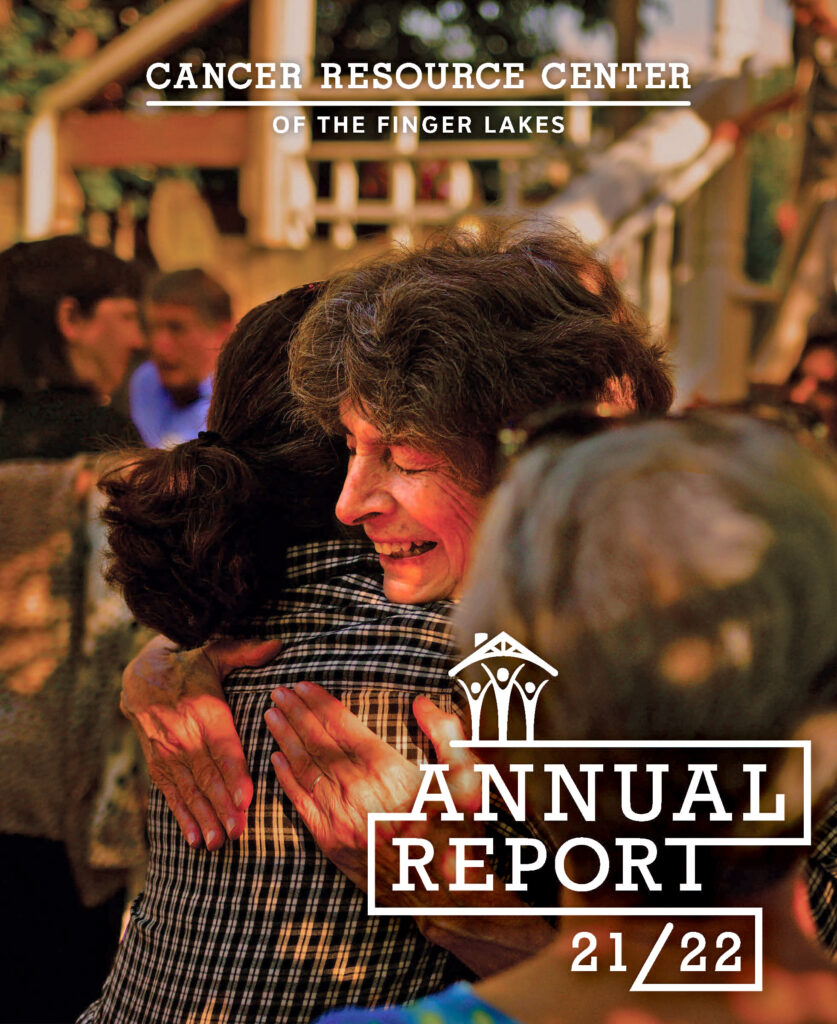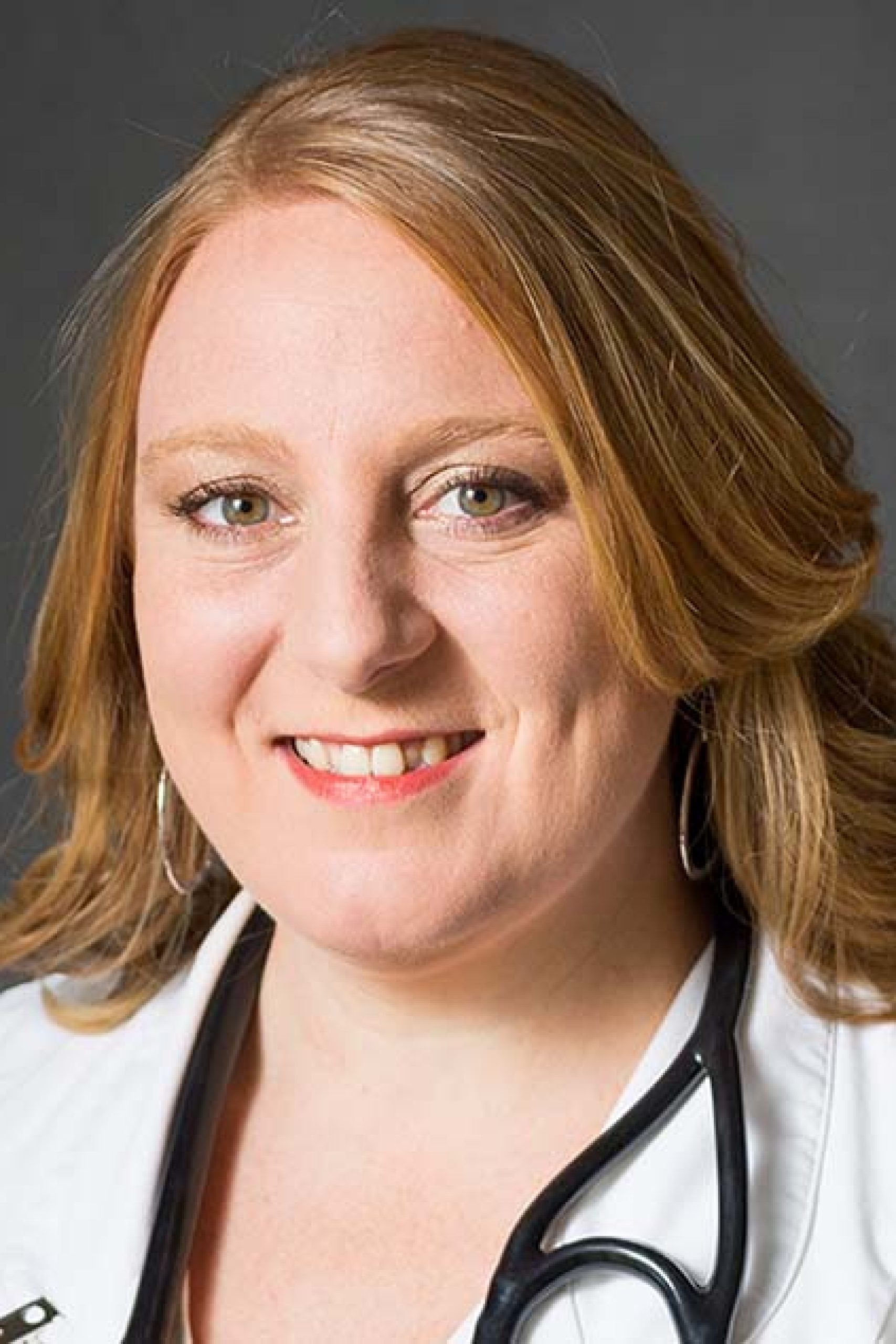Mission, History & Strategic Plan
Mission
The mission of the Cancer Resource Center of the Finger Lakes is to create and sustain a community of support for people living with and affected by cancer.
Statement of Inclusion
The Cancer Resource Center seeks to serve all people living with or affected by cancer. Our goal is to create an inclusive, welcoming community in which the perspectives and needs of all those we serve are heard and respected.
1993
A group of nine women (Joan Adler, Meg Ambry, Ned Asta, Andi Gladstone, Jackie Livingston, Nancy Lazarus, Anne McLaughlin, Ba Stopha, and Annie Wilson) began planning what would become the Ithaca Breast Cancer Alliance (IBCA).
First support group.
Resource Center opened at 706 W. Green Street
First Walkathon raised $4,035.
1996
First Tompkins County Quilters Guild benefit auction, “Quilted with Care,” raised $27,000.
1997
Office moved to Women’s Community Building. Resource Center open three afternoons a week. Drop-in support group established.
Bob Riter writes about his breast cancer experience in Newsweek Magazine.
1999
Resource Center hours expanded to five days a week.
2001
The first “Plants for Life” sale sponsored by Ithaca Area Gardeners raised $12,000.
2002
Andi Gladstone, founder and long-time leader of IBCA, steps down to become Director of NYS Breast Cancer Network, and Christine Sanchirico appointed executive director.
“Power Play for Prevention” begun by Sam Paolini of the Cornell Men’s Hockey Team with the support of Tompkins Trust Company.
2003
Lower literacy breast cancer brochures developed in collaboration with Literacy Volunteers of Tompkins County.
First edition of IBCA E-News goes out to 50 readers.
Workshop on counseling persons with cancer held for area mental health professionals.
 2004
2004
IBCA video, Because no one should face breast cancer alone, created by volunteers Baseema and Ward Krkoska, wins National Public Access Award.
New workshop offered to the community: “I need to take a month off: Cancer and your job.”
Hester Hill Schnipper, Chief of Social Work Oncology at Boston’s Beth Israel Deaconess Medical Center, presents a workshop for mental health professionals on “Facing the tiger together: Working with women with advanced cancer.”
 2005
2005
IBCA’s first corporate campaign, chaired by Steve Garner, President and CEO of Tompkins Trust Company, raises more than $60,000.
A six-session education series is offered in collaboration with Hospicare & Palliative Care Services.
A grant from the NYS Department of Health begins a pilot program by which assistance is provided to Cayuga Medical Center patients at the hospital.
Mission expands to include gynecologic cancers and surrounding counties.
2006
IBCA purchases 612 West State Street to serve as permanent home.
Shawn Galbreath becomes executive director.
 2007
2007
IBCA’s new home is renovated with considerable assistance from local labor unions and support from local businesses.
IBCA moves into its new home on January 30, 2007.
Friday noon group for women begins.
Name changed to the Cancer Resource Center of the Finger Lakes to reflect our service to everyone affected by cancer.
Ithaca Garden Club installs Victorian Garden.
2009
First yoga class.
First water therapy class.
2010
Bob Riter appointed Executive Director of Cancer Resource Center of the Finger Lakes.
Lynda Myers Interior Design event “10 Steps to a Perfect Room” held at the Lake Watch Inn to benefit CRCFL.
5K Run added to the Walkathon.
Men’s Breakfast Club begins.
2011
CRCFL writes “‘Now What?’ Life After Cancer Treatment” guide to survivorship.
First Young Adult Support Group.
2012
First Annual Adventure Day for Men.
Collaboration begins with doctoral students researching cancer at Cornell University.
First group of volunteer financial counselors trained with the assistance of a grant from the Park Foundation.
Colorectal group begins.
CRCFL wins a “To-Go” Award (Town-Gown) from Cornell University for the innovative collaboration between CRC and doctoral students at Cornell who are involved in cancer research.
2014
 Bob Riter’s book, When Your Life is Touched by Cancer, is published by Hunter House and is distributed nationally.
Bob Riter’s book, When Your Life is Touched by Cancer, is published by Hunter House and is distributed nationally.
Back porch reconstructed to make the building wheelchair accessible.
Downstairs bathroom renovated and made wheelchair accessible thanks to a grant from the Youth and Philanthropy Program of United Way of Tompkins County.
Monthly E-News is sent to more than 8,000 recipients.
Walkathon & 5K Run raises $184,000.
First CRC Golf Tournament held.
2015
“One Funny Ithaca Story,” organized by Gary Stewart, gently pokes fun at Ithaca and raises money for CRC.
Caregiver group begins.
CRC “Cares about Kids” begins.
Wheelchair lift installed and back porch rebuilt thanks to Welliver Construction, HOLT Architects, and the SERTOMA Club of Ithaca.
Garage converted into three-season meeting space thanks to the JM McDonald Foundation.
2016
CRC hosts local Cancer Moonshot summit in collaboration with national Cancer Moonshot summit under leadership of Vice President Joe Biden.
CRC wins second “ToGo” Award from Cornell for collaborating with Cornell’s Translator-Interpreter Program in developing “Cancer Cancer in the United States: Common Practices and Expectations.”
 With the help of Iron Design, we update our website, logo, colors, brochures, and strengthen our branding.
With the help of Iron Design, we update our website, logo, colors, brochures, and strengthen our branding.
First Evening of Remembrance held to honor our loved ones.
 Healing Garden dedicated.
Healing Garden dedicated.
2017
CRC wins a 2017 Preservation Award from Historic Ithaca for the creation of our healing garden and the rehabilitation of our back porch and garage.
CRC was awarded a grant for kitchen renovation which was completed in the late summer of 2017.
First Multicultural Fashion Show with Cancer survivors as models at the Kitchen Theater. It was a great success and raised over $6200.
Bob presented on CRC’s collaboration with Cornell at the American Association of Cancer Researchers.
Bob received a TOGO award and recognition from the local chapter of the American Association of Fundraising Professionals for his outstanding work as an Executive Director.
Bob Riter retires as Executive Director.
Megan Crowe named Executive Director.
23rd Annual Walkathon & 5K Run raises over $143,000.
2018
The 1st annual Cornell Cancer Research Symposium was held in collaboration with CRC, where community members reviewed scientific posters.
Megan Crowe stepped down from her position as executive director of CRC.
The Cancer Resource Center and cancer researchers from Cornell joined forces for the local Biden Cancer Summit.
A new website to highlight CRC’s six year collaboration with Cornell cancer researchers was launched.
Monster & Sea – 24 Hour Paddle for Cancer” Fundraiser launched at the Ithaca Farmers Market in April, local stand-up paddle-boarders participated in this exciting fundraiser to raise money to offer a breath of fresh air to families dealing with the wrecking ball of cancer. The team raised over $4000 and all proceeds went directly to families in need.
One Funny Ithaca Story IV - Special Edition* was another success (raising over $1600!), thanks in no small part to our fearless leader Gary Stewart, who founded the event.
“A Time for You Caregiver Celebration,” was held in partnership with the Tompkins County Office for the Aging in June. The day included music, poetry, chair massages, mindfulness/yoga and other wellness topics and activities, delicious refreshments, and info tables!
3rd Annual Evening of Remembrance held in CRC’s Healing Garden at the end of September to remember loved ones lost to cancer. The evening included live music, sharing of memories, and the lighting of candles in memory of loved ones.
24th Annual Walkathon and 5K run raised over $173,000.
2019
Retired CRC Executive Director Bob Riter was featured as the cover story in the Winter issue of Cancer Today, a publication of the American Association for Cancer Research; he also wrote a companion article titled, "The Education of a Patient Advocate."
CRC introduced a new Cornell Cancer Support Group co-sponsored by Cornell Work/Life open to faculty, staff, students, and retirees who have been diagnosed with cancer.
CRC expanded its patient support services by placing student volunteers at the CMC East Campus chemo suite.
CRC introduced a new Women’s Support Group open to women with any type of cancer.
CRC unveiled a multicultural mural on the side of its building painted by Maryam Adib and supported by the Community Arts Partnership.
Marilee Murphy joined CRC as its new Executive Director.
The Family and Children’s Service of Ithaca presented the Agda Osborn award to CRC.
Cancer Today featured an article titled “So you want to serve on a scientific review panel?”
co-written by CRC staff.
1st Cancer Research Education Day was held on Cornell’s campus in collaboration with CRC.
The Community Beautification Award was presented to CRC for the construction of a walkway and private garden behind the CRC building.
CRC celebrated its 25th anniversary with a celebration at Hotel Ithaca.
25th Annual Walkathon & 5K Run raised over $190,000.
2020
In collaboration with CRC, Satori Salon began offering free services to individuals who are facing challenges associated with cancer.
CRC announced a new initiative called “CRC Cares About Families” to address the concerns related to when and how to tell children about a cancer diagnosis.
CRC held its annual walk and run virtually due to challenges from the COVID-19 pandemic and raised over $130,000.
CRC collaborated with the Ithaca Equestrian Center to launch the Equine Therapy Project to offer therapeutic experiences to cancer survivors.
CRC launched a new website with the help of Jackie Cote from Flourish Design Studio.
CRC held its first annual Soup-er Supper Fundraiser presented by Puddledockers at Explore Ithaca.
CRC launched a new initiative to improve services for people of color with help from Cornell intern Aleah Thomas.
CRC announced Marliee Murphy will be stepping down from her position as Executive Director, but will stay connected to CRC in the future.
2024
Kim Pugliese stepped down as Executive Director after facilitating an affiliation between CRC and Cayuga Health System to ensure financial stability moving forward. Read the press release here.
by Bob Riter
Being diagnosed with breast cancer today is an entirely different experience than it was just 30 years ago. While partly due to advances in medicine, many significant changes are the result of what is termed the Breast Cancer Advocacy Movement. Looking back, you can see the movement arriving in two waves: the first wave, coming in the 1970s, took breast cancer “public” and presented the affirming notion that “It’s OK to have breast cancer: you don’t have to hide it.” There was a focus on developing less invasive treatments and on giving the patient control over treatment decisions. The second wave, coming in the 1990s and grounded in political activism, argued that, “It’s not OK to have breast cancer: we have to stop it from happening.” Earlier detection and better treatment were not enough – the goal must be the prevention of breast cancer.
Before the Movement
During most of the 20th Century, a woman diagnosed with breast cancer underwent a radical mastectomy. Decisions were made by physicians, and women often learned of their cancer diagnosis when waking up from surgery, absent one breast. A public discussion about breast cancer – especially your breast cancer – was unthinkable.
The first wave: It’s OK to have breast cancer: You don’t have to hide it.
The breast cancer movement began to take shape in the 1970s. Several important events both illustrate and helped  create the early movement: 1) The book, Our Bodies, Ourselves, published in 1973 by the Boston Women’s Health Collective, provided valuable information and a sense of control over one’s own health and health care. 2) First Lady Betty Ford was diagnosed with breast cancer in 1974 and spoke about it openly. Many survivors took her cue and began talking about their own experiences, and other women had their first mammograms, believing that breast cancer may, in fact, be treatable and not a death sentence. 3) Rose Kushner began advocating for two-step surgical procedures: first the biopsy, and then surgical treatment a few days later, giving women time to come to grips with their diagnosis and to have some input into treatment decisions.
create the early movement: 1) The book, Our Bodies, Ourselves, published in 1973 by the Boston Women’s Health Collective, provided valuable information and a sense of control over one’s own health and health care. 2) First Lady Betty Ford was diagnosed with breast cancer in 1974 and spoke about it openly. Many survivors took her cue and began talking about their own experiences, and other women had their first mammograms, believing that breast cancer may, in fact, be treatable and not a death sentence. 3) Rose Kushner began advocating for two-step surgical procedures: first the biopsy, and then surgical treatment a few days later, giving women time to come to grips with their diagnosis and to have some input into treatment decisions.
The overriding sense during this first wave was that women had the right to be active participants in their treatment decisions, and that women with breast cancer could speak out as survivors rather than stay hidden as victims.
Between the waves: HIV/AIDS and the emergence of political activism
The dominant public health issue of the 1980s was the emergence of HIV/AIDS. Political activism took on a key role as gay activists and others advocated for better treatment and increased research funding. Their activism ranged from quiet lobbying to “in your face” militancy staged to capture public attention. Breast cancer activists took notice.
The second wave: It’s not OK to have breast cancer: We need to stop it from happening
Some of the best-known national breast cancer organizations, e.g., the National Breast Cancer Coalition and Breast Cancer Action, and many local breast cancer support organizations, including the Ithaca Breast Cancer Alliance (now known as the Cancer Resource Center of the Finger Lakes), were established in the early to mid 1990s. While these organizations, especially the local ones, fostered a sense of nurturing and mutual support, their underlying message was that it’s not OK to have breast cancer, and that political activism was required to bring about change. Activists decried the lack of understanding of what causes breast cancer, and the misrepresentation that early detection is the best prevention.
An “in your face” moment occurred when the model Matuschka dramatically exposed her mastectomy scar on the cover of the New York Times Magazine in 1993. The title, “You can’t look away anymore,” aptly captured this new dynamic.
This climate of political activism is perhaps best illustrated by the dramatic increase in the funding of breast cancer through the lobbying efforts of the National Breast Cancer Coalition. These efforts led to Congress channeling more than one billion dollars for breast cancer research through the Department of Defense.
A key event during this period was the publication of Susan Love’s Breast Book in 1990. This wildly successful book was a primary source of information for an entire generation of women diagnosed with breast cancer. For the first time, individuals were truly empowered to understand their diagnosis, their treatment options, and what to expect in the future.
Accomplishments of the Movement
The changes that have taken place over the last thirty years are profound yet often taken for granted:
- Two-step surgical procedures (as advocated by Rose Kushner) are the norm.
- Breast-conserving surgical treatments (i.e., lumpectomies) are offered whenever possible.
- Sentinel node biopsies have become the standard of care, reducing the risk of lymphedema.
- The concept of peer support is widely accepted and breast cancer support groups are available throughout the country.
- Physicians are generally more sensitive to the need for a quick turnaround of pathology reports and not letting patients unnecessarily wait for information.
- Many hospitals have established breast cancer centers that allow patients to meet with their surgeon, plastic surgeon, medical oncologist, and radiation oncologist in the same room at the same time.
- Advocates have a voice in the allocation of research money.
- The most aggressive treatment is no longer assumed to be necessarily the “best” treatment.
- Second opinions are widely accepted.
- Environmental toxins and other potential causes of breast cancer are increasingly studied and regulated.
In some cases, the changes were a direct result of the movement. In other cases, changes would have occurred in any event, but the movement likely speeded their adoption.
Bob Riter is a breast cancer survivor and the former Executive Director
of the Cancer Resource Center of the Finger Lakes.







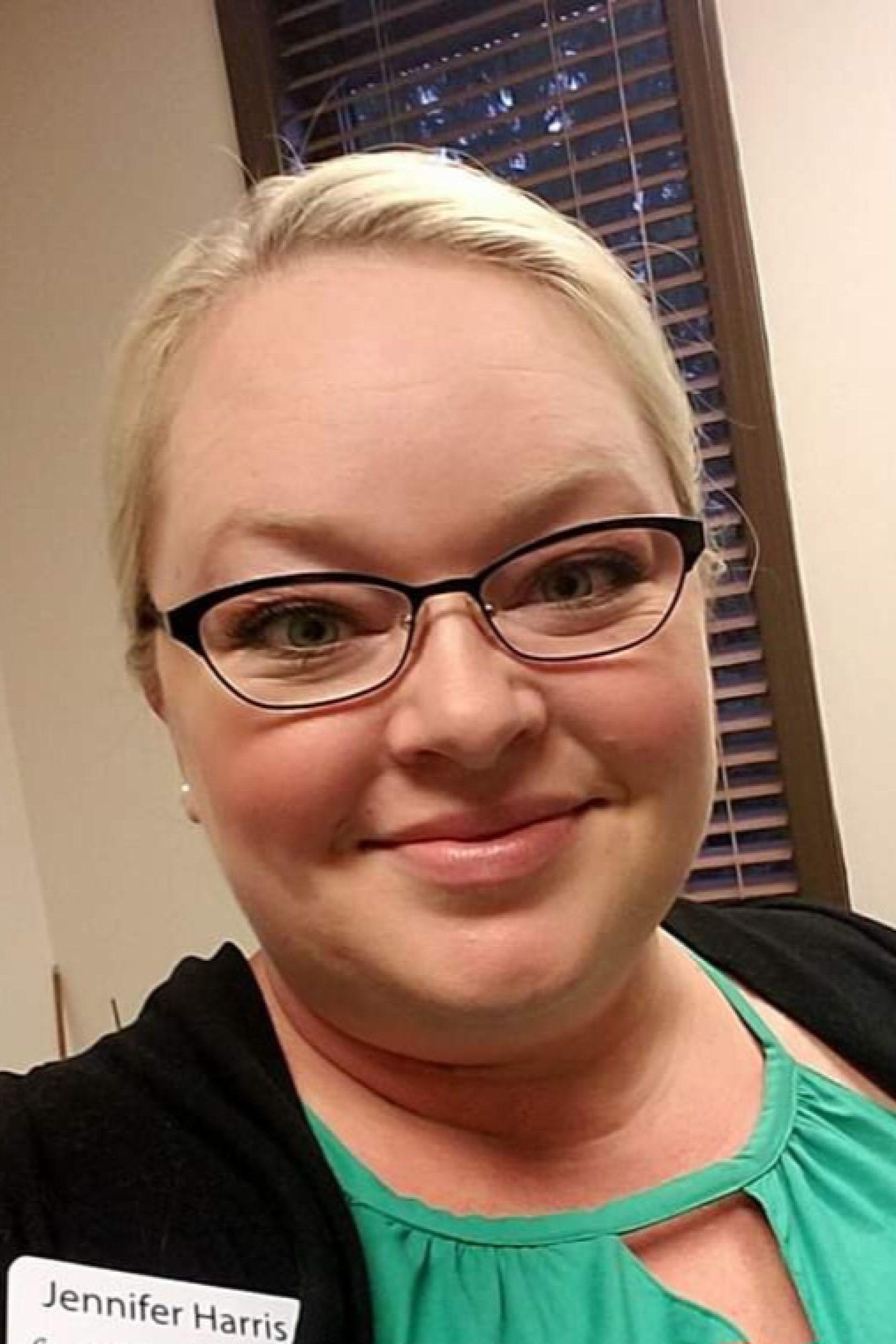
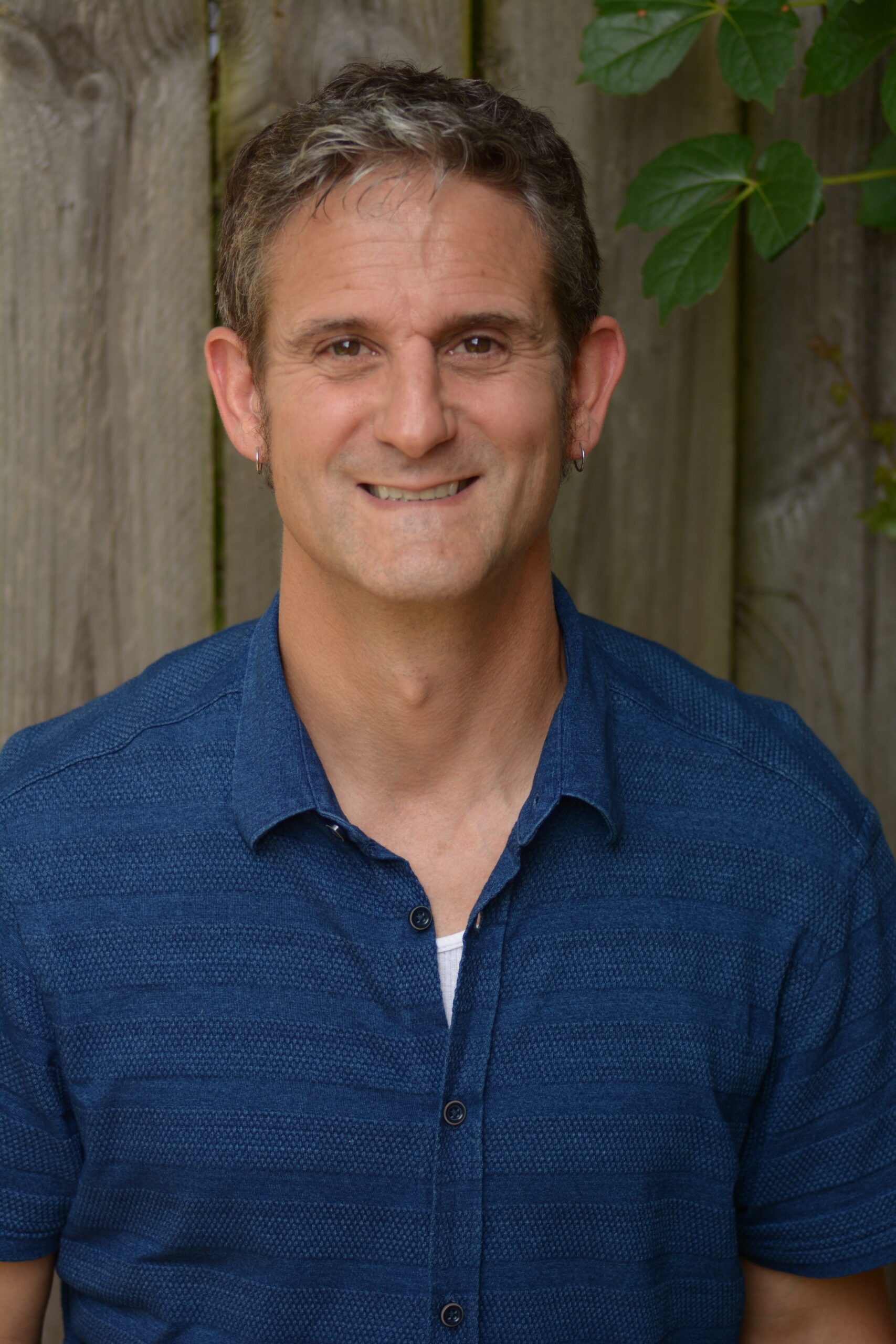
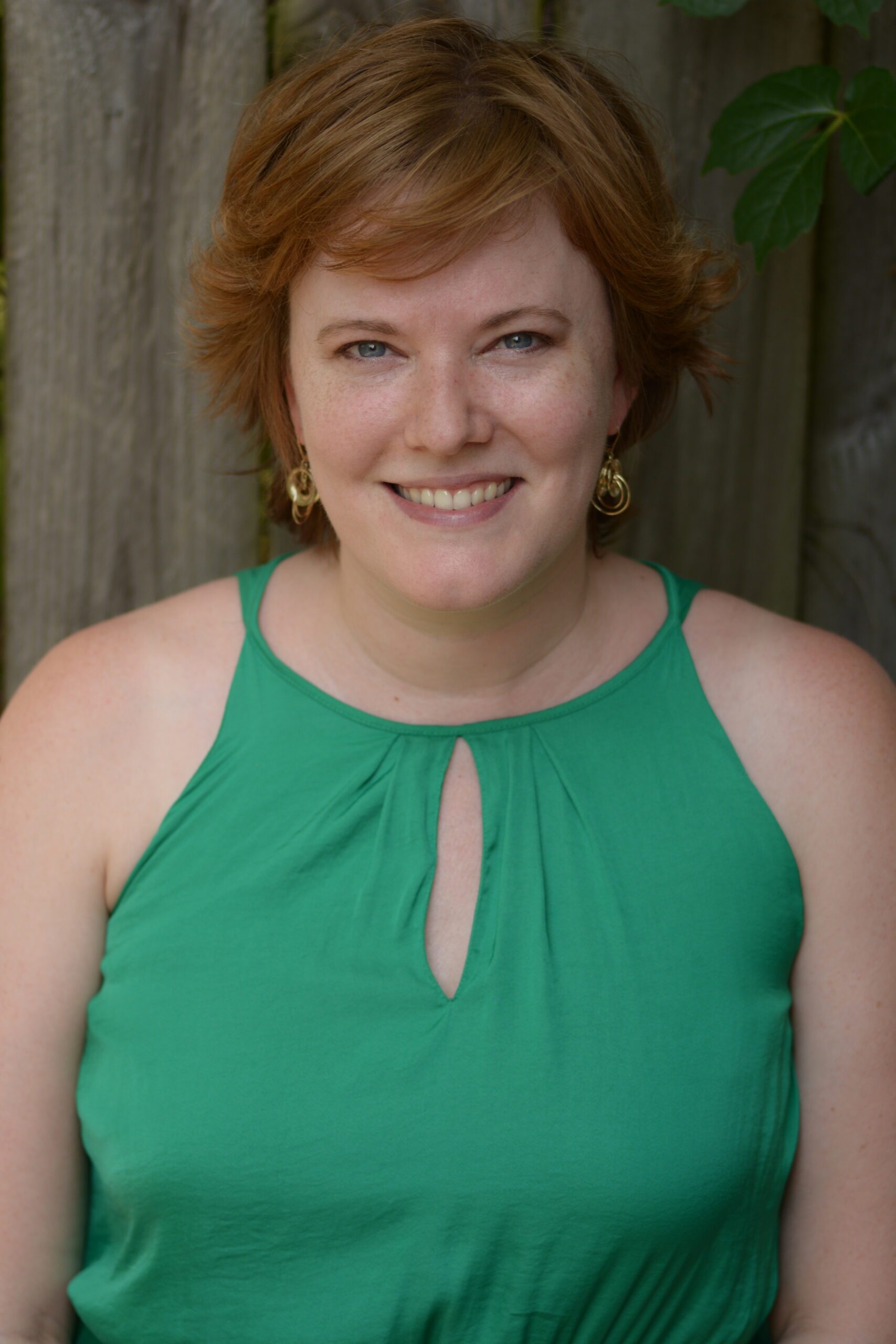
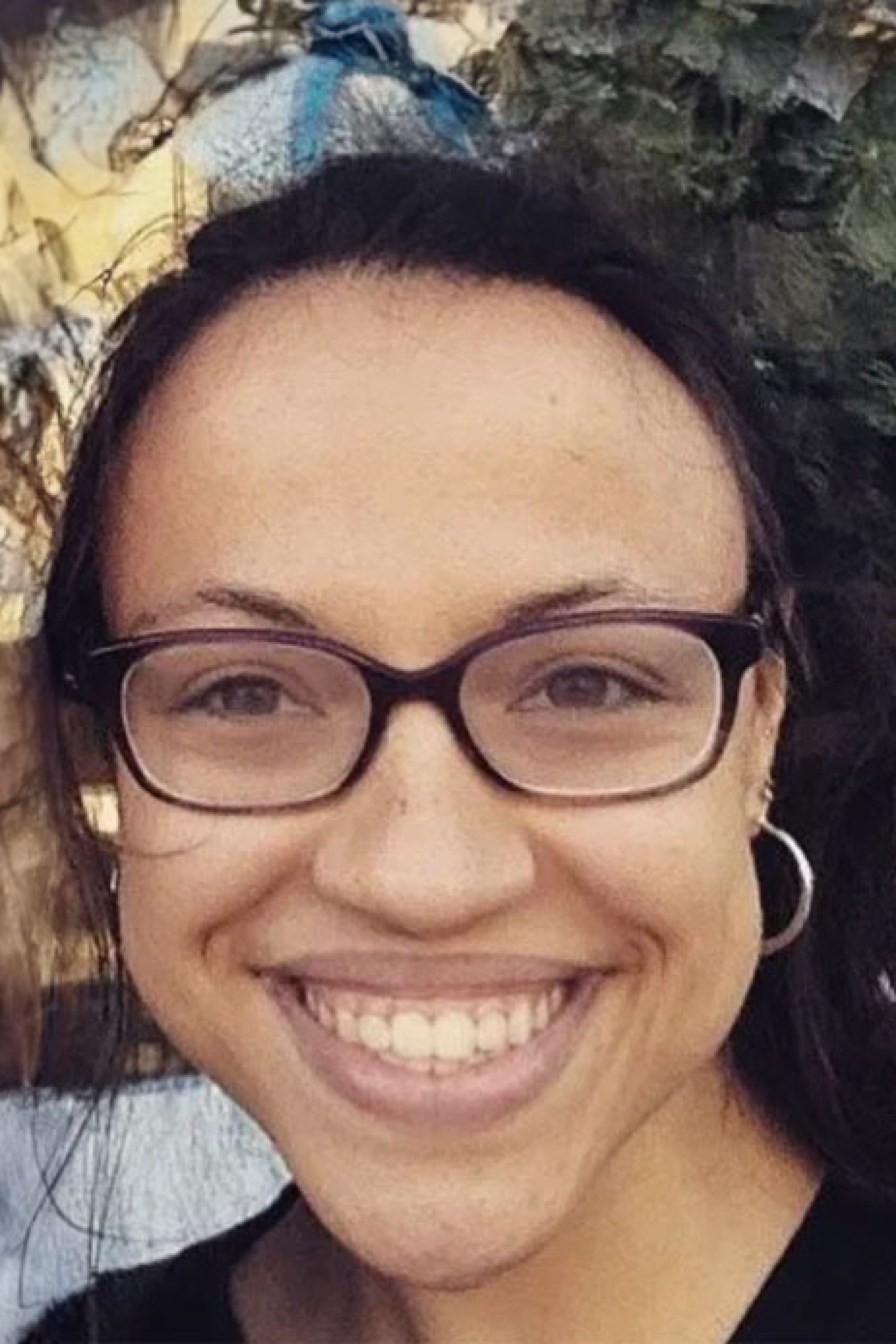

Jerry Dietz
President / Development Committee Chair

Brian Wilbur
Vice President
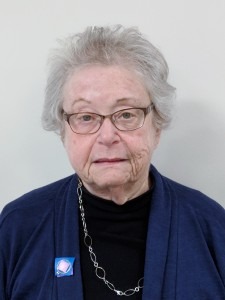
Lenore Schwager
Secretary / Nominating Committee Chair
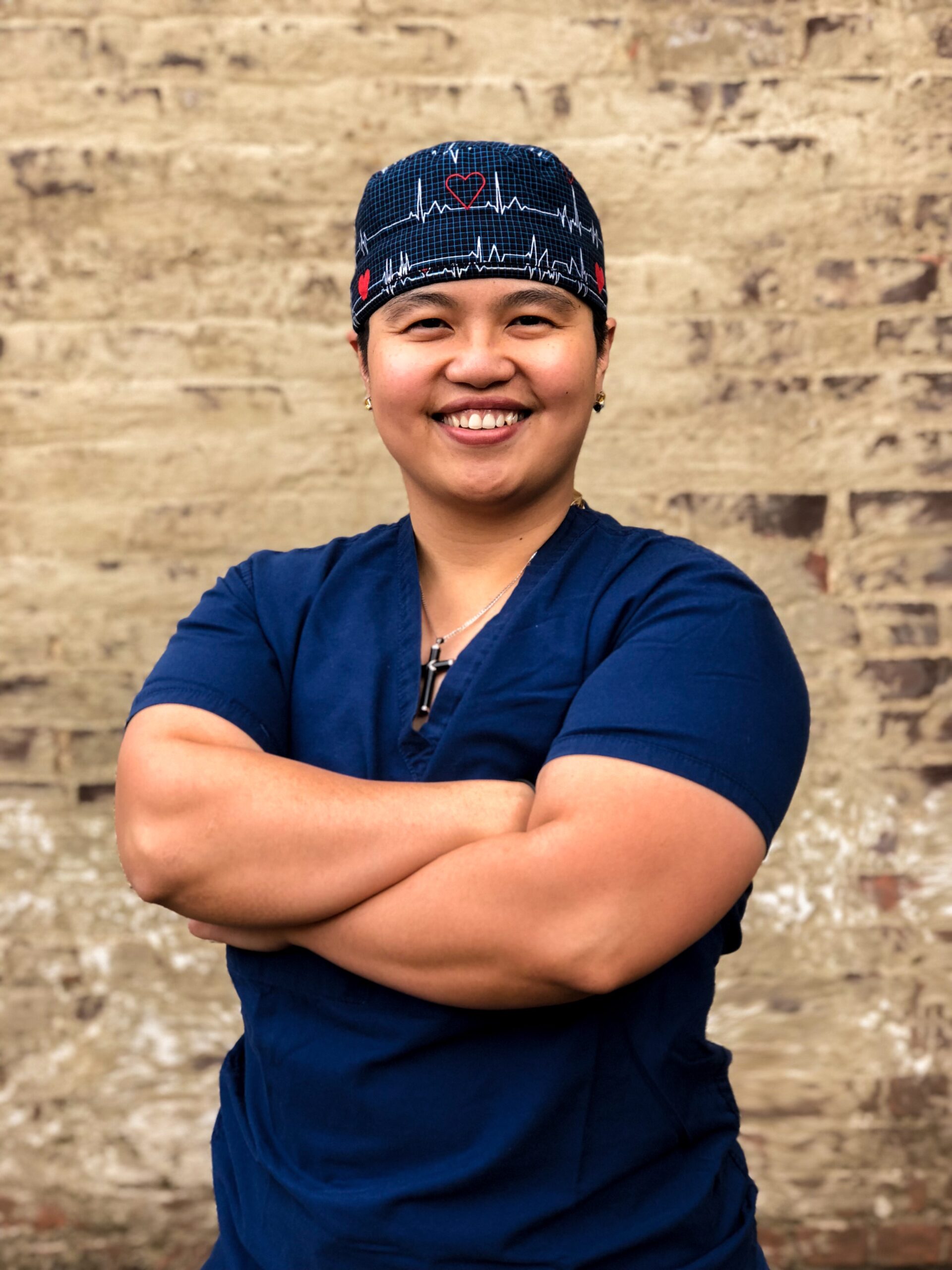
Dr. Tran Tu Huyhn D.O.
Treasurer/Finance Committee Chair
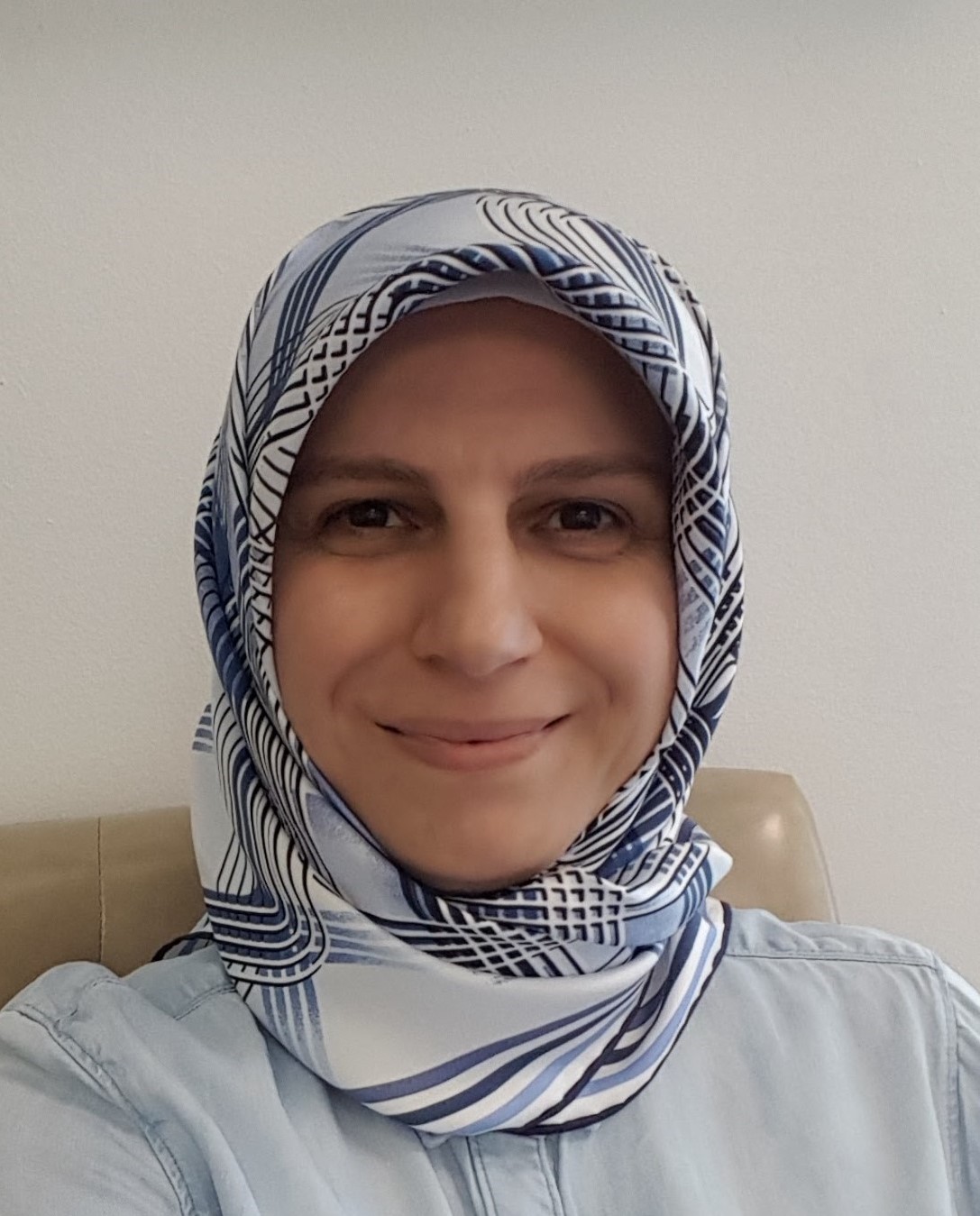
Ebru Arslan
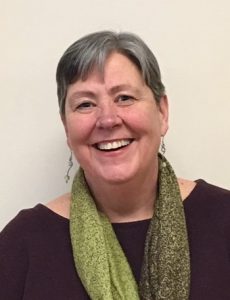
Susan Dale-Hall (Sue)
Human Resources Committee Chair

Jen Gabriel
Development Committee Co-Chair

Mark Kreydt

Jill Mayer, PT, DPT
Client Services Committee Chair
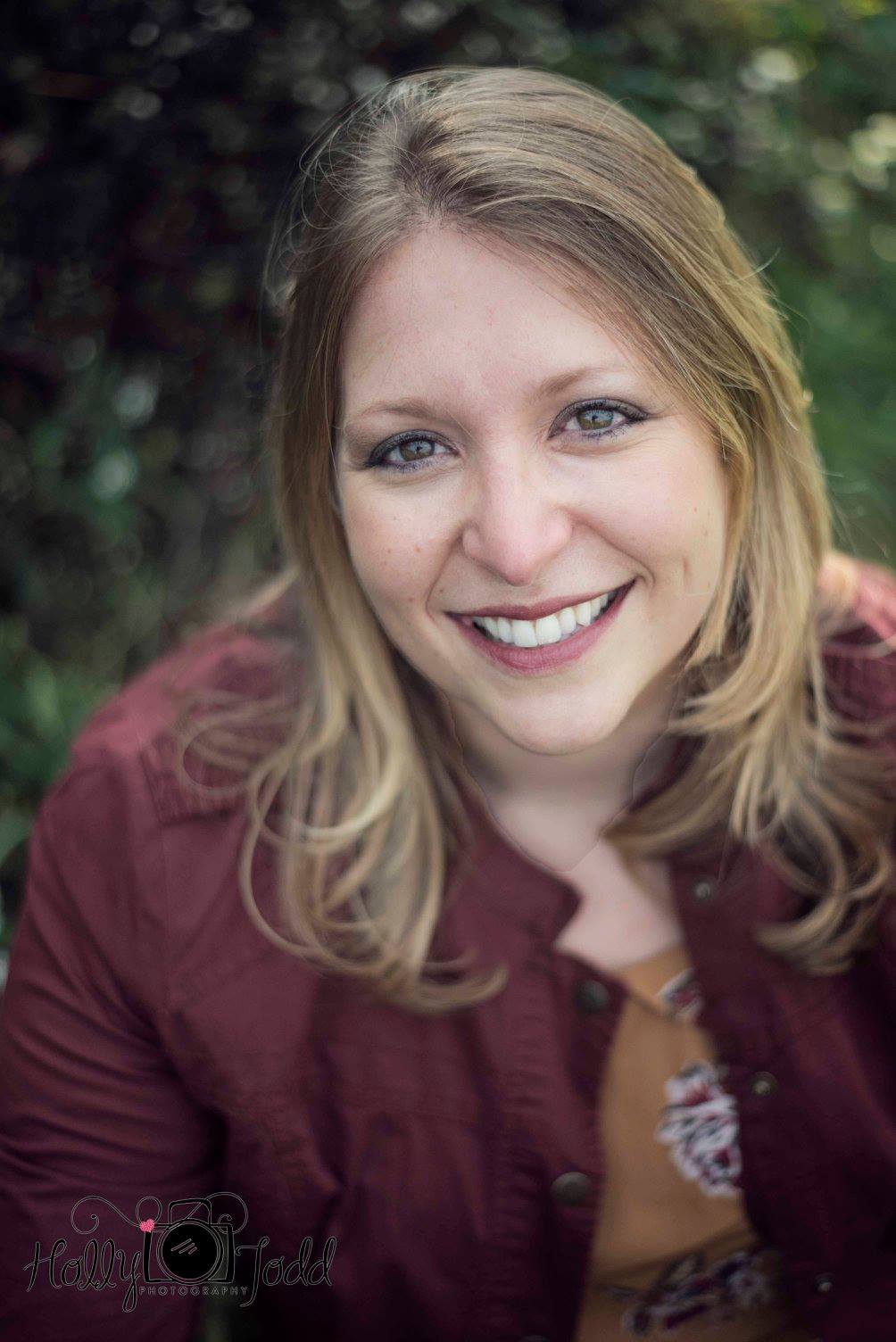
Melissa Osgood

Karl Paulnack

Kate Shanks-Booth
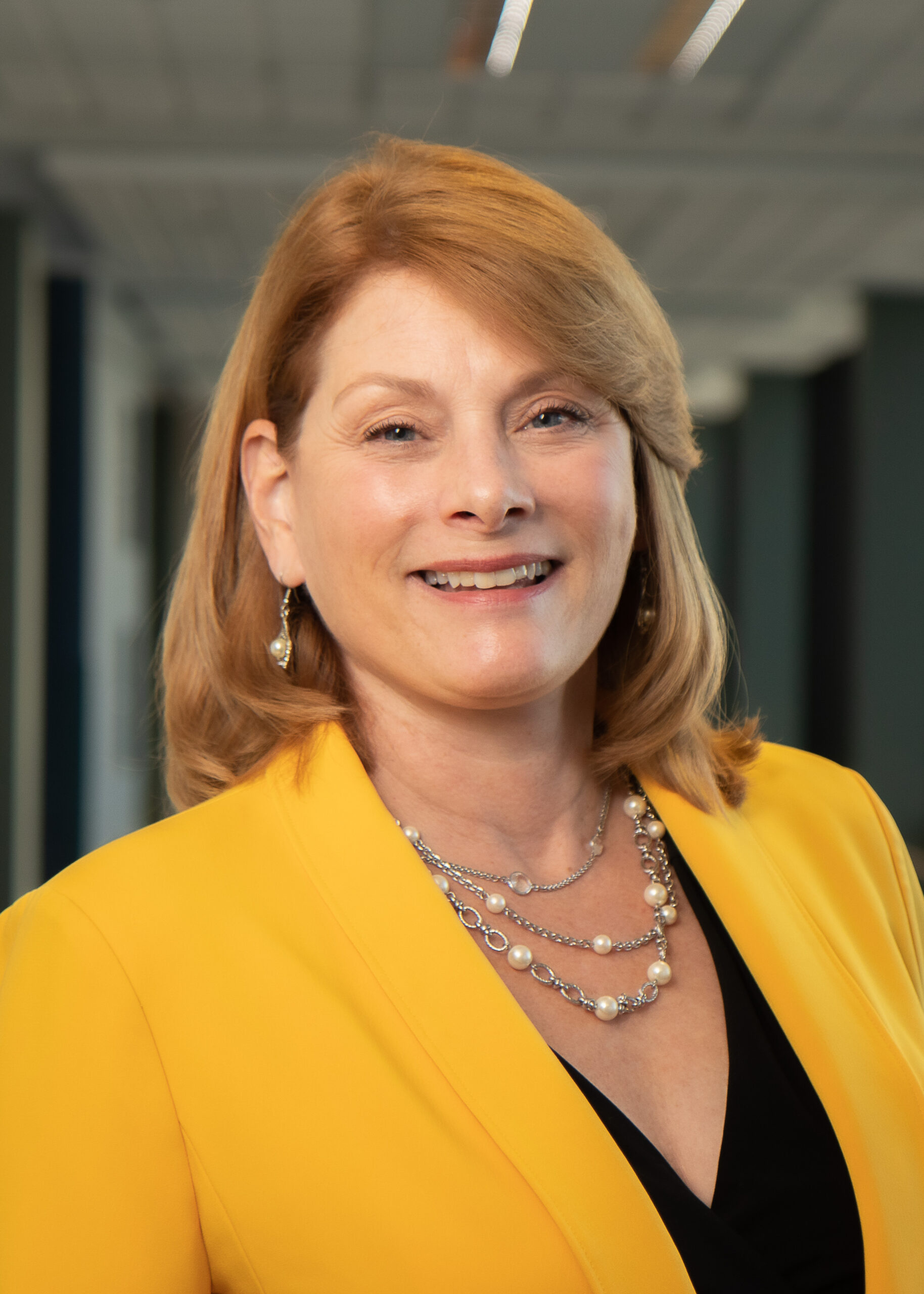
Jennifer Turck
Portraits of the 4 staff members courtesy of our friend Harrison Rumsey – Rumsvision






